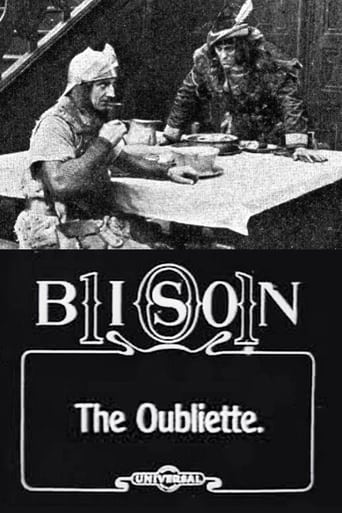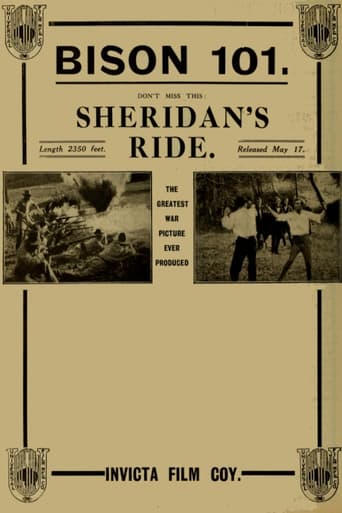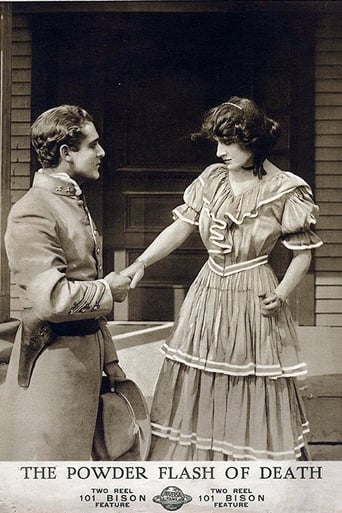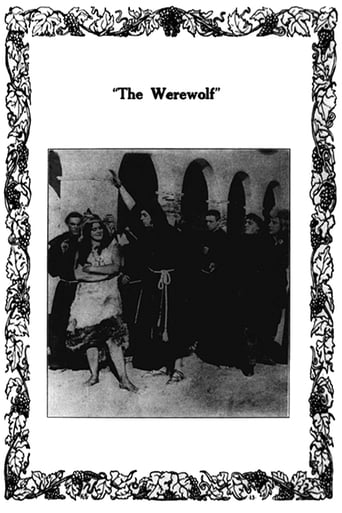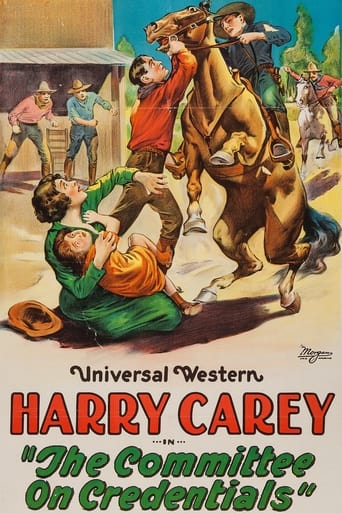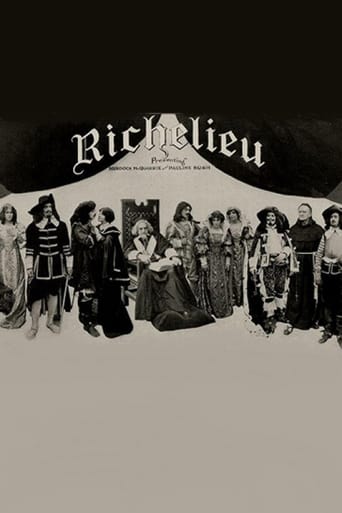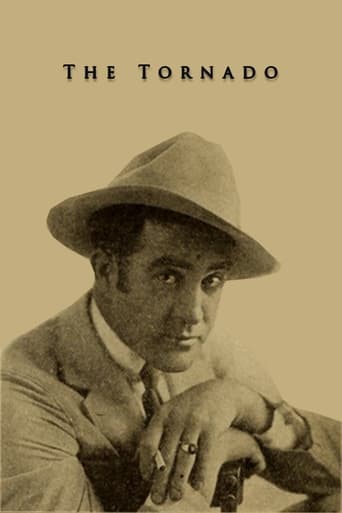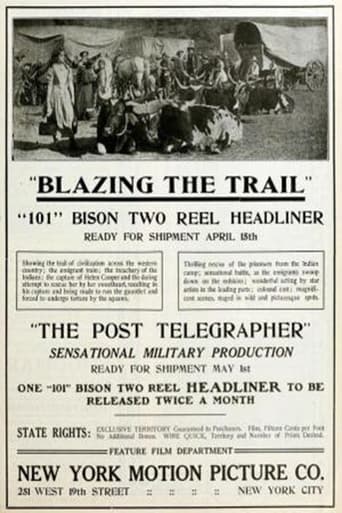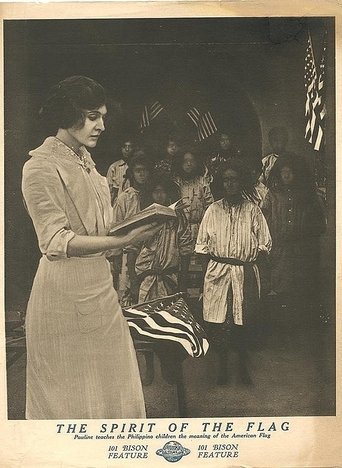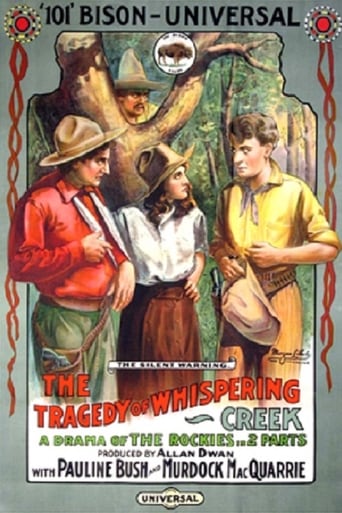The Oubliette 1914
Francois Villon, vagabond, poet and philosopher, and his friend Colin, leave the vagabond camp and start for Paris. En route to that city, Villon's heart is touched at sight of the eviction of an elderly couple from their poor home. Whereupon he empties his own and Colin's purse, pays the Beadle, and then resume their journey. Overcome with the pangs of hunger, they "lift " the purses of a couple of corpulent monks. For this breach of law both Villon and Colin are arrested and thrown into prison. This film and By the Sun's Rays are two of Chaney's earliest surviving films.
